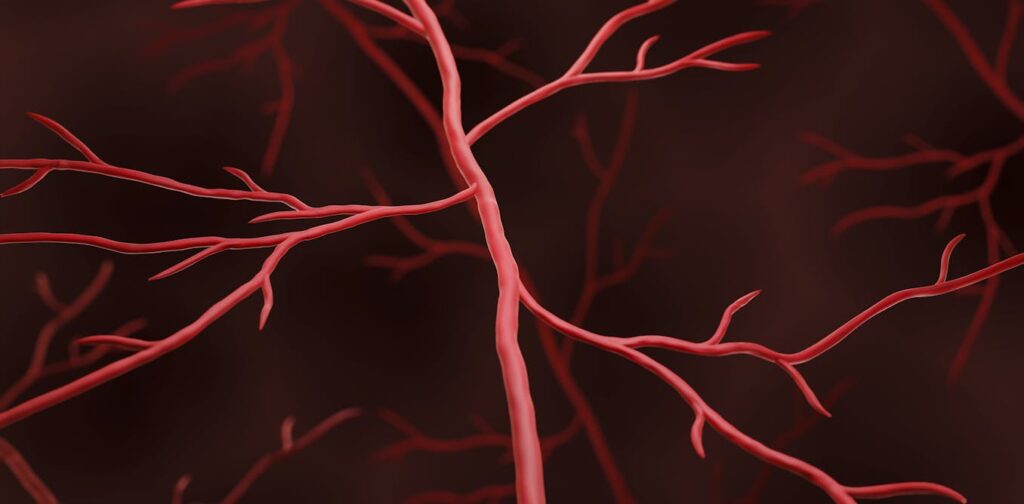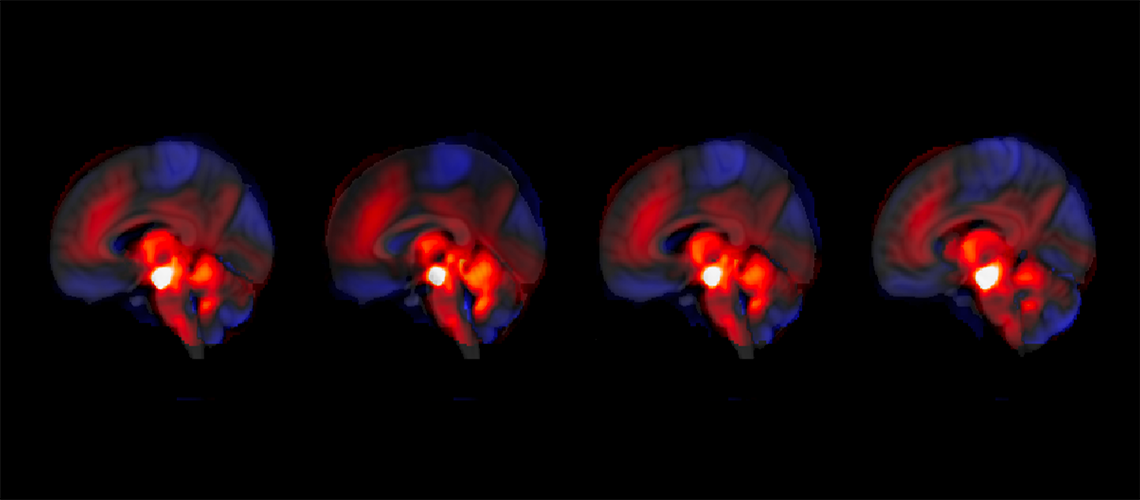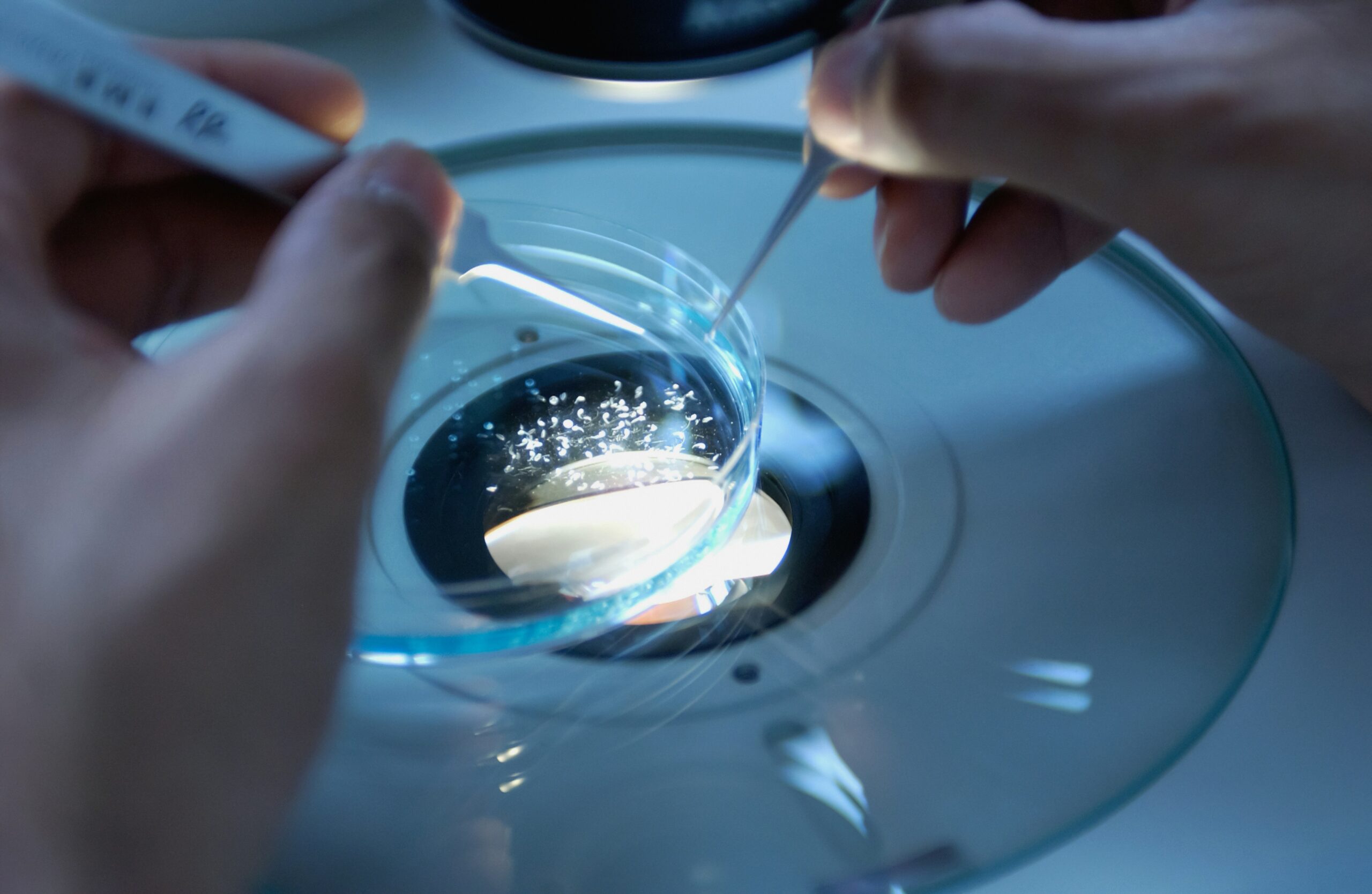
Tumors can destroy the blood vessels of muscles even when these muscles are not in close proximity to the tumor. This is the key finding of a recent study published in the journal Nature Cancer. The study sheds light on a major health problem faced by cancer patients: muscle loss. Despite being a well-documented issue, the exact mechanisms through which tumors affect muscles remain an active area of research.
Scientists, including the study’s authors, have been exploring whether cancer might impair the blood vessels responsible for supplying nutrients and oxygen to muscles. Healthy blood vessels are crucial for transporting blood from the heart to all body tissues and organs. When these vessels become unhealthy, they lose their ability to circulate sufficient blood, develop leaks, and prematurely release nutrients into tissues. This process can cut off the nutrient supply to downstream tissues.
Groundbreaking Findings on Blood Vessel Health
To investigate this hypothesis, the researchers collaborated with teams specializing in advanced microscopy, cancer research, and metabolism. Using animal models, they studied various types of tumors, including lung, skin, colon, and pancreatic cancers. The results consistently showed that blood vessels in muscles became fewer and leakier even before muscle weakness set in.
Further analysis revealed that tumors release a protein called Activin-A, which acts on blood vessels, causing leakiness and eventual loss of blood vessels in the muscle. Remarkably, when the researchers applied gene therapy to counteract the effects of Activin-A, they were able to prevent muscle loss.
Post-mortem examinations of cancer patients revealed that their muscles contained fewer blood vessels than expected, reinforcing the study’s findings.
The Role of Activin-A
Millions of cancer survivors struggle with muscle weakness, which can severely impact daily activities like climbing stairs or grocery shopping. This severe muscle weakness, known as cancer cachexia, affects up to 80% of patients with advanced cancer.
Recent research indicates that cachexia is more common than previously believed, with approximately half of the new cancer patients already showing signs of muscle weakness.
Cachexia can persist even after successful cancer treatment, significantly affecting survivors’ quality of life. The discovery that blood vessel function loss occurs early in cancer progression suggests that restoring blood vessel health could prevent or reverse cachexia.
Exploring New Treatment Avenues
Currently, there are no FDA-approved treatments for cachexia, but promising therapies are emerging. One potential treatment is an antibody drug targeting the molecule GDF-15, which is believed to suppress appetite. Other studies focus on combining targeted nutrition and exercise programs to help patients regain muscle mass and strength.
These studies indicate that a multifaceted approach, including enhancing exercise, nutrition, appetite, muscle regeneration, and blood vessel health, is necessary.
Future Directions in Cancer Care
The research team is now evaluating drugs and exercise programs known to improve blood vessel health. Repurposing treatments traditionally designed for cardiovascular patients could quickly aid cancer patients in regaining muscle strength.
We hope our work underscores the importance of comprehensive medical care for cancer patients, which includes improving cardiovascular health and overall quality of life.
This study highlights the need for continued exploration into the complex interplay between cancer and muscle health, offering hope for improved treatments and outcomes for cancer survivors.







